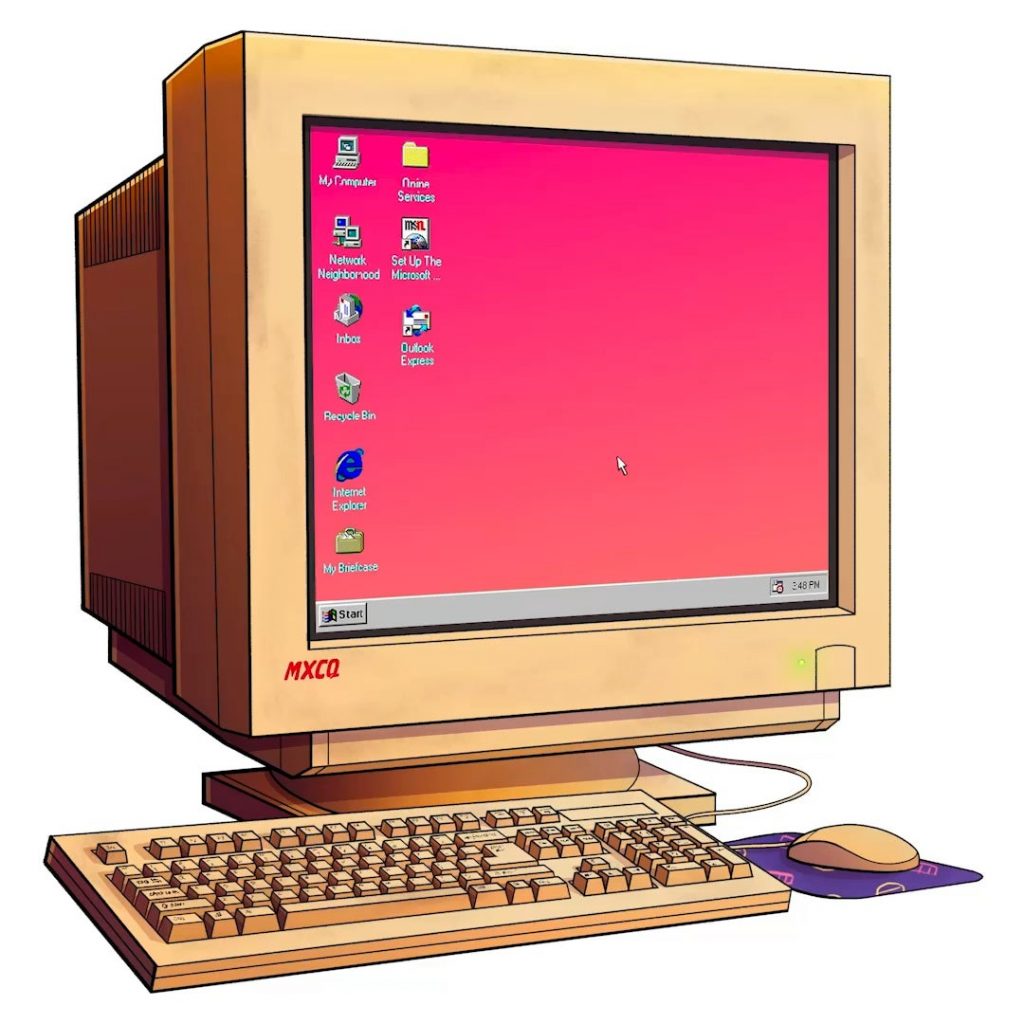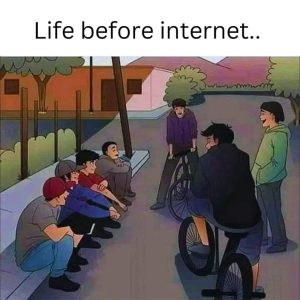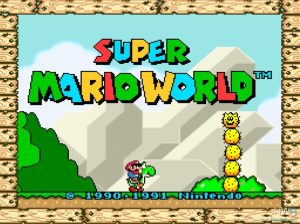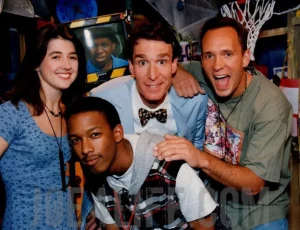
The 1990s were a time of great change and cultural evolution, and for many people, they represent a period of fond memories and nostalgia. There are several reasons why the 90s are viewed as a nostalgic time period, from the significant cultural movements that emerged during the decade to the personal milestones that many people experienced.
One of the primary reasons why the 90s are nostalgic is the significant cultural movements that emerged during the decade. For example, alternative rock and hip-hop music rose to prominence during this time, with bands like Nirvana, Pearl Jam, and Soundgarden and rappers like Tupac, Biggie Smalls, and Jay-Z dominating the charts. The popularity of these genres created a unique cultural moment that continues to influence music today.
Another significant cultural development of the 90s was the rise of the internet. While the World Wide Web was invented in 1991, it was not until the end of the decade that the internet became an integral part of daily life for many people around the world. This technological revolution paved the way for new forms of communication, work, and entertainment that continue to shape the world today.
For many people, the 90s are also nostalgic because they represent a time of significant personal milestones. Graduating from high school or college, starting a new job, beginning a family – these are all important moments that can create strong emotional connections to a particular time period. The memories of these events are often associated with the cultural phenomena that were popular at the time, such as the iconic TV shows and movies that defined the decade.
Finally, nostalgia often involves looking back on a time that is viewed as simpler, more innocent, or more carefree. For many people, the 90s represented a time when life was less complicated and less stressful. This sense of nostalgia is often fueled by a desire to revisit a time when life was easier, or at least seemed that way.








